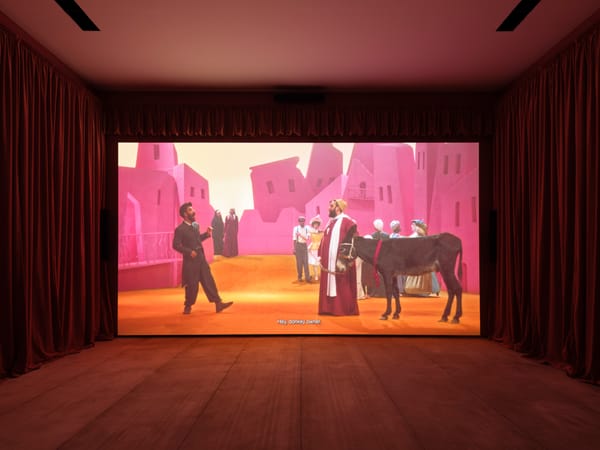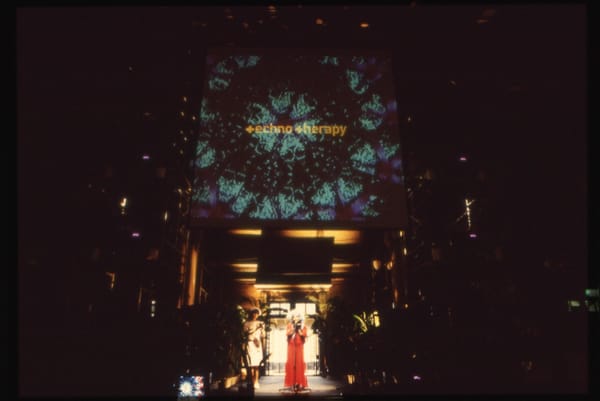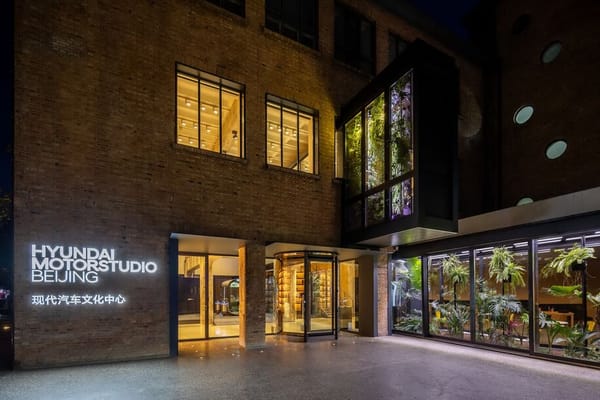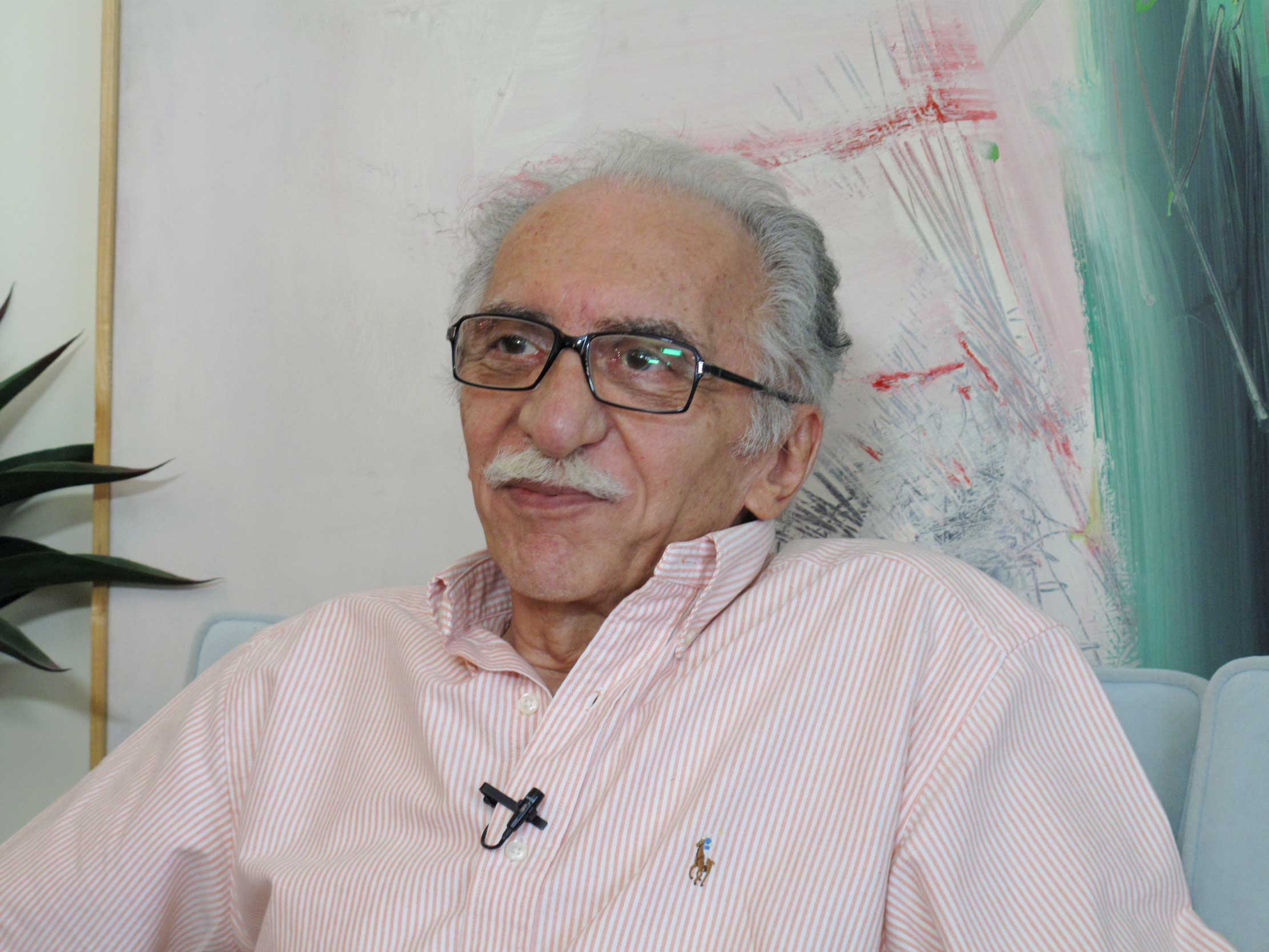Ideas
Big-Screen Insight Into the Korean Peninsula
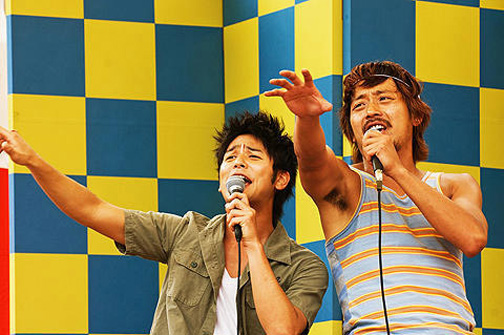

The opening reception for the Korean American Film Festival New York (KAFFNY) at Chelsea Cinemas on March 17 was an impressive celebratory start to the four-day festival. Besides the delicious food on offer, Paul Miller—aka DJ Spooky—the electronic and hip-hop musician, performed a live score with cellist Okkyung Lee and violinist Sean Lee. The evening ended with a screening of Psychohydrography (2010), directed by Peter Bo Rappmund.
Founded in 2006, the independent and nonprofit festival was co-directed this year by Susie Lim and Dave Kim. KAFFNY 2011 presented films such as Mads Brügger’s Red Chapel (2009), an absurdist theater hoax by three Danes in North Korea; Young-nam Kim’s The Boat (2009), a film that questions youth and relationships between people confronted with a life-altering choice; and Jane Jin Kaisen and Guston Sondin-Kung’s The Woman, The Orphan and The Tiger (2010), the third part of a trilogy exploring identity issues faced by Koreans living in the West after World War II. In addition to these feature films was a selection of shorts, as well as the documentary Silence Broken: Korean Comfort Women (1999), directed by Dai Sil Kim-Gibson about civilians forced into sexual slavery by the Japanese Imperial Army during World War II.
KAFFNY 2011 concluded on March 20, but further information on the festival is available through its website, where you can check out trailers and synopsises, and explore various perspectives and insights of Korean culture in film.
